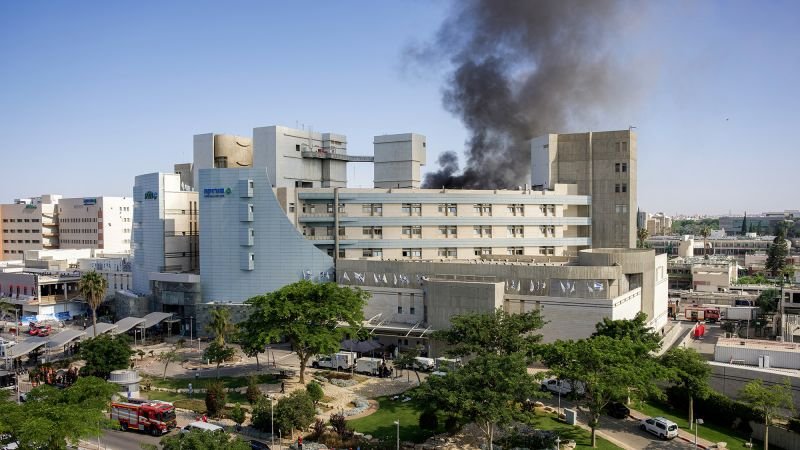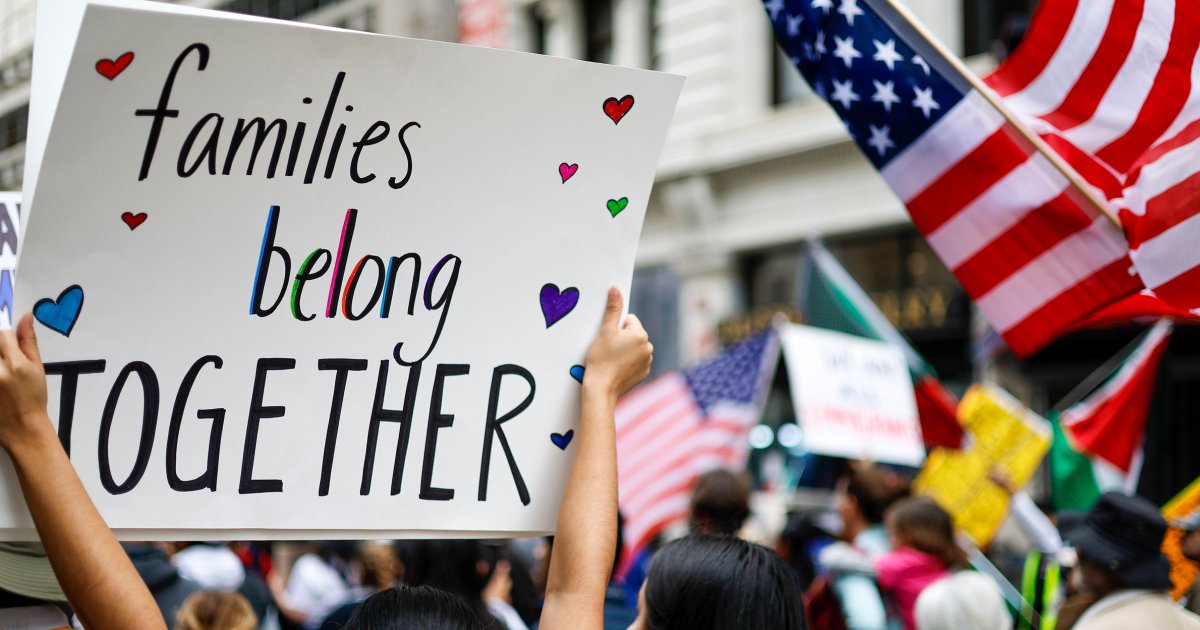Now Reading: Live updates: Israel-Iran conflict, ballistic missile attacks, Trump weighs US involvement
-
01
Live updates: Israel-Iran conflict, ballistic missile attacks, Trump weighs US involvement
Live updates: Israel-Iran conflict, ballistic missile attacks, Trump weighs US involvement

After days of tit-for-tat strikes between Israel and Iran, for the civilians caught up in Israel’s bombing campaign, life is filled with uncertainty.
“This is war,” one 58-year-old father of two in the capital, Tehran, told CNN, adding, “no one really understands what that means.”
A week into the conflict, Iranians’ contact with the outside world is difficult, hampered by sporadic internet and phone coverage. Some — typically wealthy activists — have access to Starlink terminals providing independent internet access.
Speaking through voice recordings, messages and occasional calls, all of those interviewed asked CNN not to reveal their full names for fear of retribution from Iran’s authorities.
Life has found a new wartime rhythm, they said, with local shops still open but some accepting payment on credit, a father of two told CNN. Unable to withdraw money from Iran’s Sepah Bank, this credit has become a lifeline.
“We have electricity but gasoline is useless to us because we have nowhere to go outside Tehran,” he said, after long lines of traffic departing the capital were seen in recent days.
Glued to the TV watching an outlawed Iranian broadcaster based in London, he said his family hadn’t left their house in recent days.
“Daily life is filled with constant fear and distrust,” he said.
Posted in Tehran, he was able to visit family in Karaj during the weekend, but is prohibited in the capital by military rules from using his phone or other devices. “We can’t even check the news,” he said.
Read more here.


















































